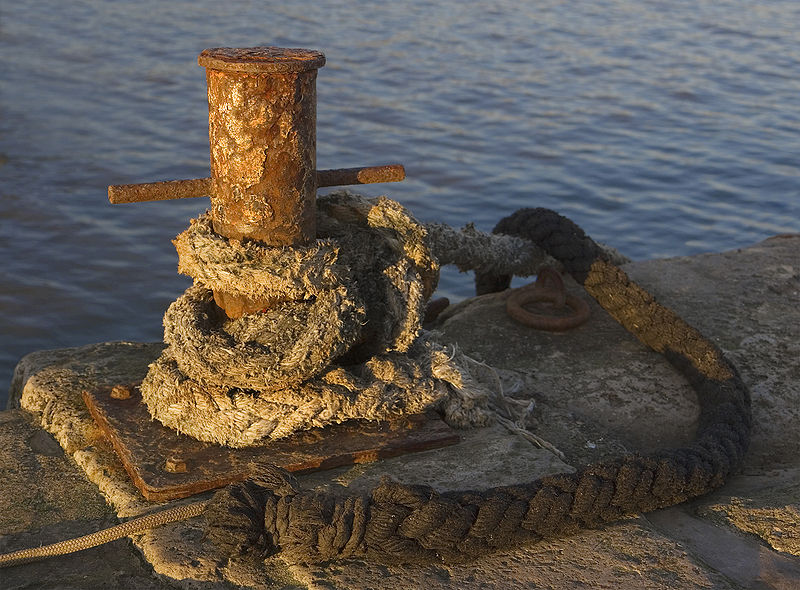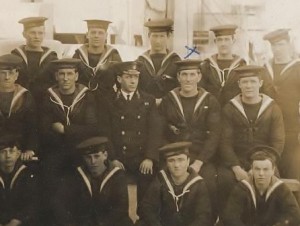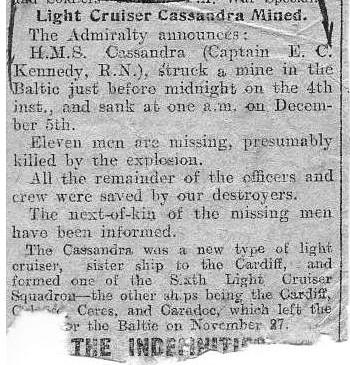 Galaxy Zoo — the citizen science project with hundreds of thousands of citizens classifying galaxies, catching supernovae, mapping the moon, finding solar storms, and so on far into the night – has sprouted a new project called Old Weather. The reason old weather is more interesting than, say, old socks, is that yesterday’s weather is grist for tomorrow’s climate model: no climate model is any good without masses of data. So some hardy soul scanned the Royal Navy’s logbooks of 238 ships — the day-to-day weather in the early part of the last century — put the scans up on oldweather.org, and you transcribe one page at a time: neat entries, spidery handwriting, HMS Tarantula, 19th day of December, 1919, winds N, blue sky, 10:45 a.m., weighed and proceeded from Hong Mun heading for Canton – taking notes on all of it, next page, next day, same neat handwriting whose “4’s” look a little like “7’s,” and before you know it, you’re in, hook, line, and sinker. So to speak.
Galaxy Zoo — the citizen science project with hundreds of thousands of citizens classifying galaxies, catching supernovae, mapping the moon, finding solar storms, and so on far into the night – has sprouted a new project called Old Weather. The reason old weather is more interesting than, say, old socks, is that yesterday’s weather is grist for tomorrow’s climate model: no climate model is any good without masses of data. So some hardy soul scanned the Royal Navy’s logbooks of 238 ships — the day-to-day weather in the early part of the last century — put the scans up on oldweather.org, and you transcribe one page at a time: neat entries, spidery handwriting, HMS Tarantula, 19th day of December, 1919, winds N, blue sky, 10:45 a.m., weighed and proceeded from Hong Mun heading for Canton – taking notes on all of it, next page, next day, same neat handwriting whose “4’s” look a little like “7’s,” and before you know it, you’re in, hook, line, and sinker. So to speak.

This post was going to be about the charms of citizen science, I don’t even like boats, but I got completely highjacked. The HMS Sealark was a survey vessel, meaning it meandered around taking soundings, mapping shorelines, noting tides and currents. She was a steamboat with sails and served in the Royal Navy in the South Pacific between 1910 and 1914, and just before being sold off, she delivered a cargo of guns to Fiji to help defend against the German expansion. In April of 1914, she was sitting in the Sydney harbor, cloudy, spring-like weather, light airs, the hands mending and making clothes and blacking down aloft. “Landed C of E Party to attend Divine Service in Dockyard Church,” the captain wrote, “1 Stoker 1st class joined from Darlinghurst Goal,” “goal” as in “jail,” and aren’t you interested already?

So are a lot of other people. The site started a couple of weeks ago, and 100,172 scanned pages have been transcribed, and three ships’ logs are completely done. The transcribers talk to each other in an online forum. HMS Invincible is moored in the Falkland Islands, one transcriber wrote: broken cloud, 40F, and at 8:00 a.m., “strange vessels sighted … on horizon to southward,” then “Action stations,” and “Enemy in sight of Port William,” then chased the German squadron of 5 ships, sank four of them, picked up some survivors, and only 5 hours later recovered its wits enough to record the next weather entry, WNW winds, pressure 29.5/51.
HMS Goliath headed up Africa’s east coast, harbored in Zanzibar, fired at some Germans in Tanzania, was then ordered to help open the straits of Dardanelles. She engaged in some skirmishes on two beaches, picked up troops fleeing one of them, and then in April, 1915, the log book stopped abruptly and the transcriber yelled that someone sunk his ship. Naval history finishes the story: hit by three torpedos, Goliath listed badly to port, floated, then went down bow first with 505 lives including her captain. The transcriber told the whole story, apparently needing to get it off his chest; another transcriber said, sympathizing, it must have been like losing a friend. The transcribers say they feel like they’re on the ship — first weather entry, they think “Ooh, it’s windy today.” A few, talking about their ships, use the familial plural, “we.”
Oldweather.org is still young and so far has graphed up only enough weather data to prove the concept, no grand climatic conclusions yet. So help out, if you’d like to. You might go for the climate models but I’ll bet you stay for the stories.
Credits:
mooring post: Michael Maggs/Wikimedia Commons
signals staff, newspaper clipping: Gordon Smith, www.naval-history.net
Oldweather.org is made possible by Citizen Science Alliance
What a great story! I like boats a lot, so I don’t dare go to the site till my day’s work is done. I’m saving it as a treat. Thanks, Ann!
Hi, Heather! I find it addictive, and same thing, I don’t get into it until I’m done with work.
This is wild. And did you know the HMS Acacia was a member of the “Cabbage Class”? Me neither. I’m going to pass this on to my favorite Weather blogger, and in the meantime spend more work time than is appropriate poking around.
I’m delighted that you like it, Spence. I so much like how the transcribers sign up to help with climate and get so seduced by the stories. The power of detail!